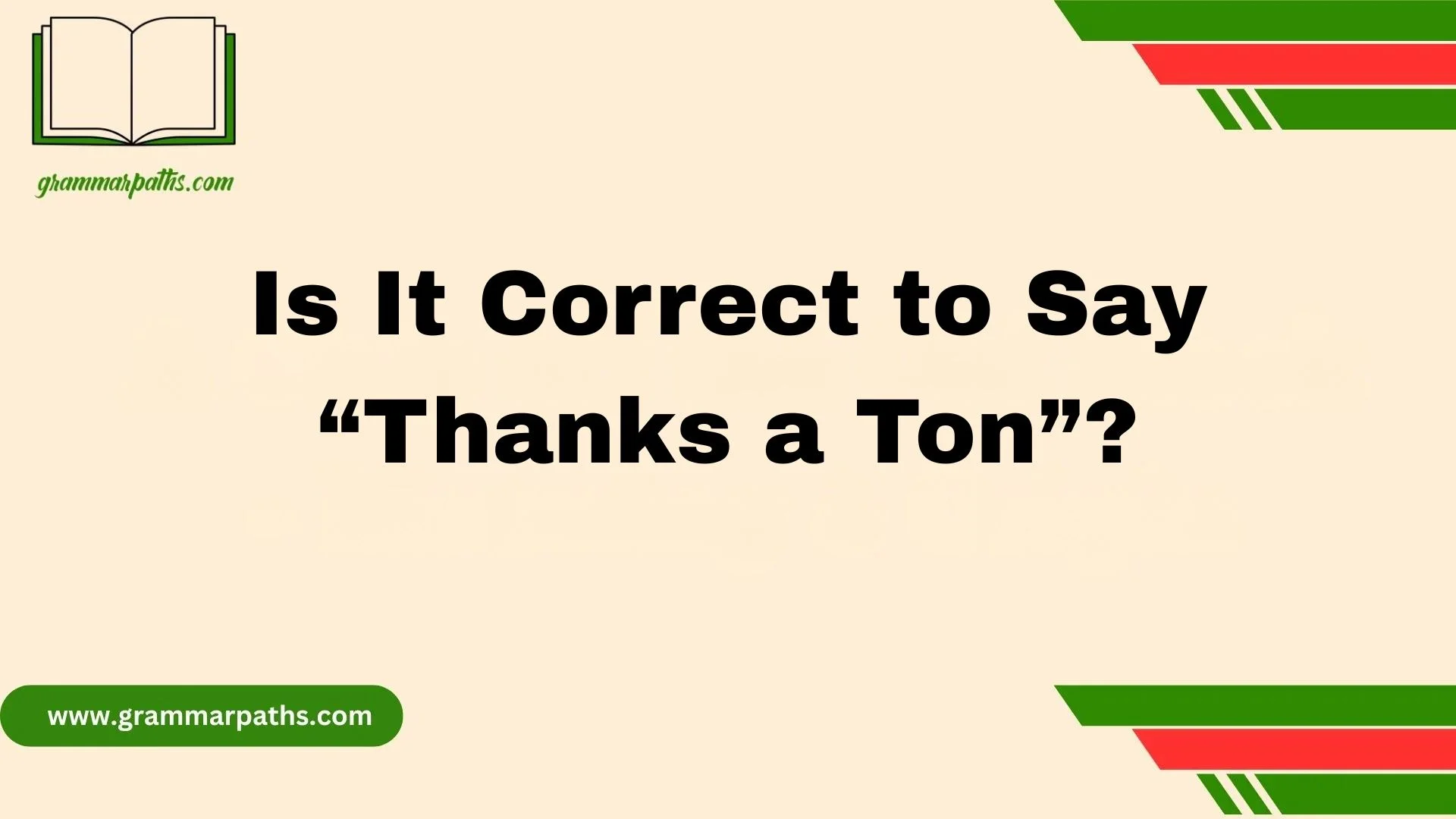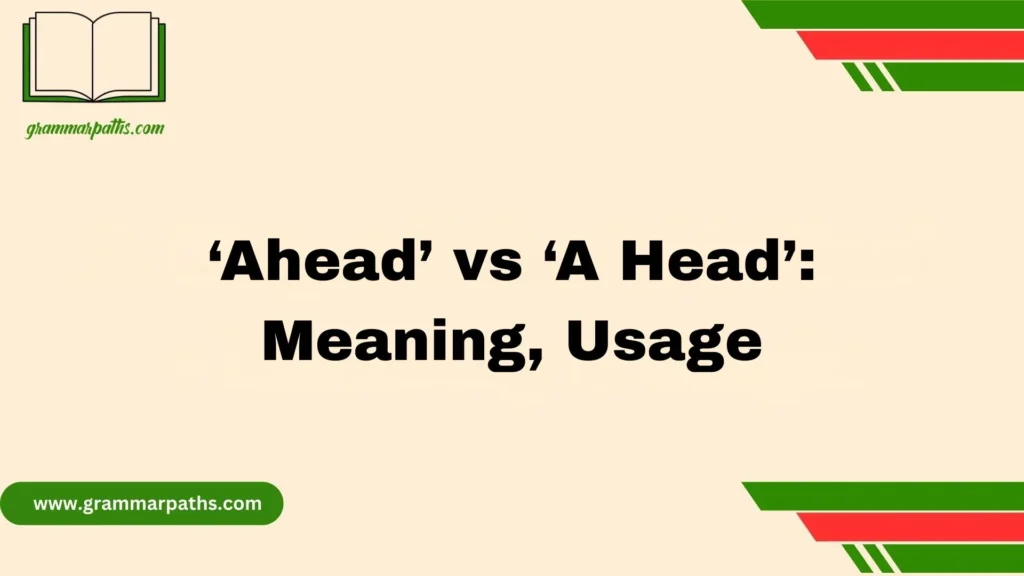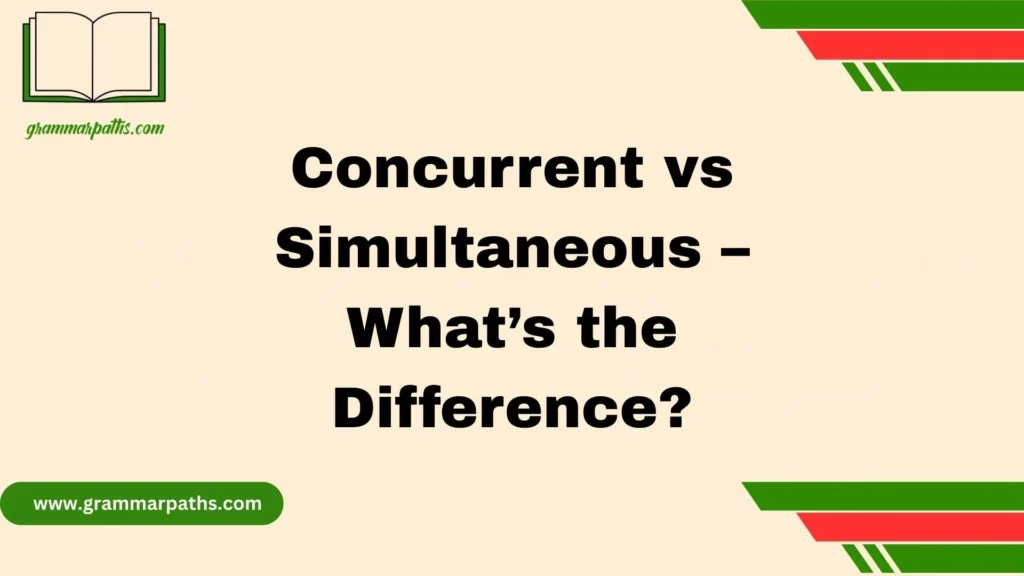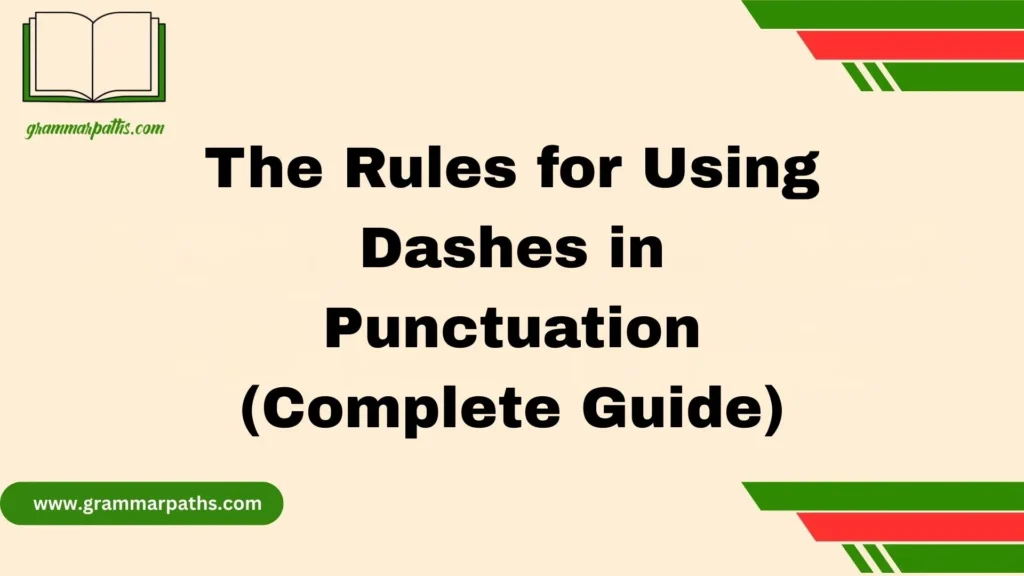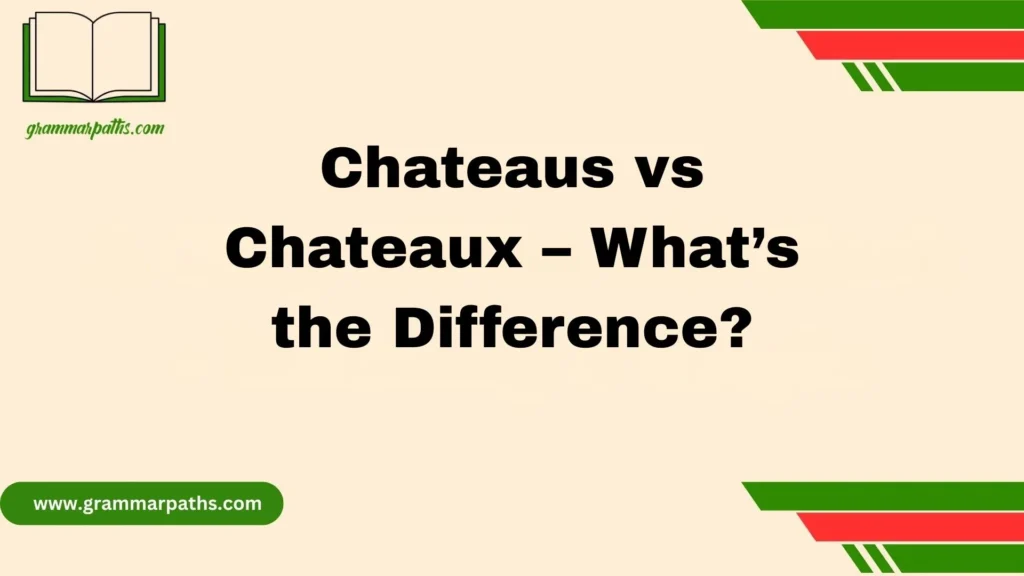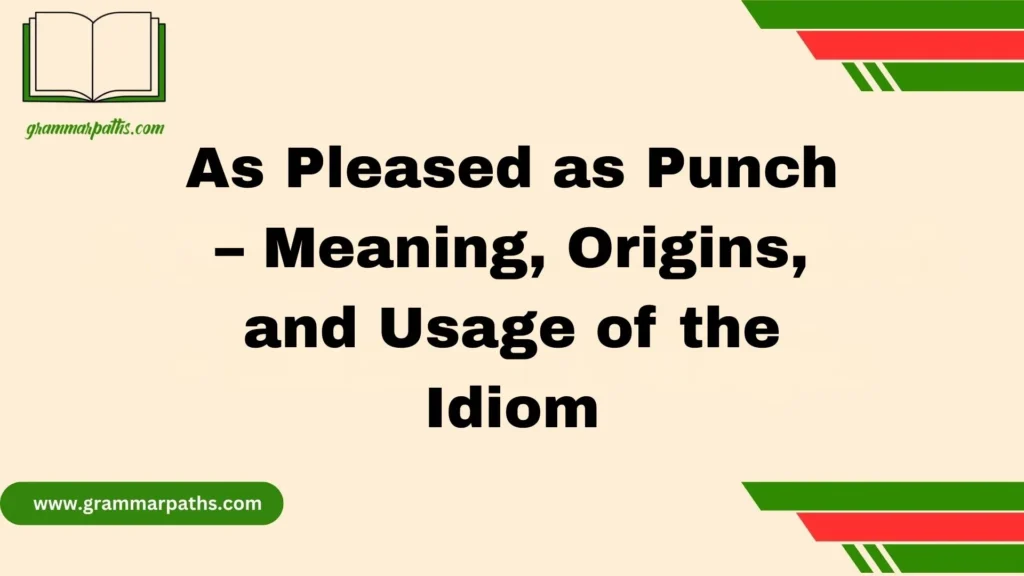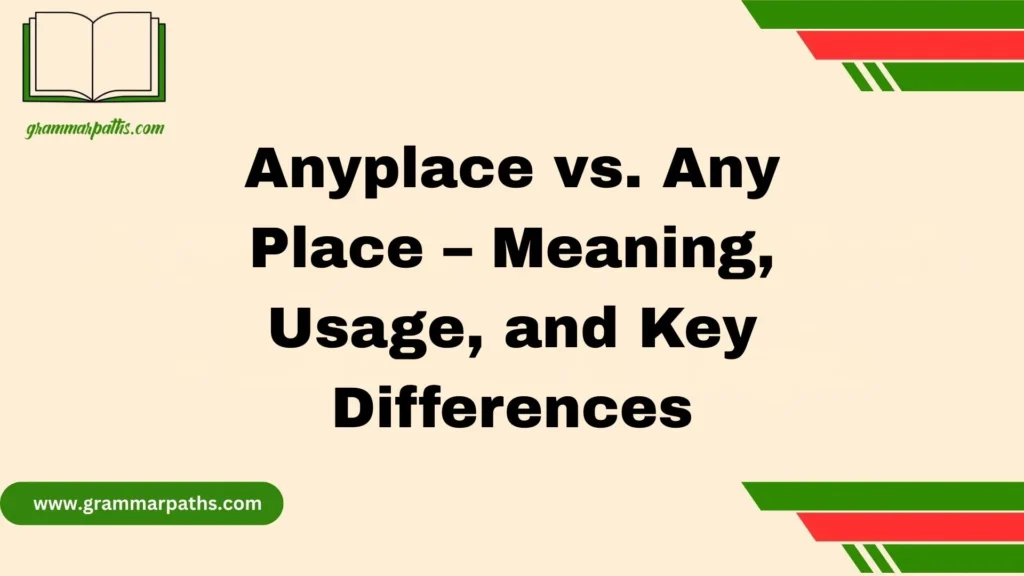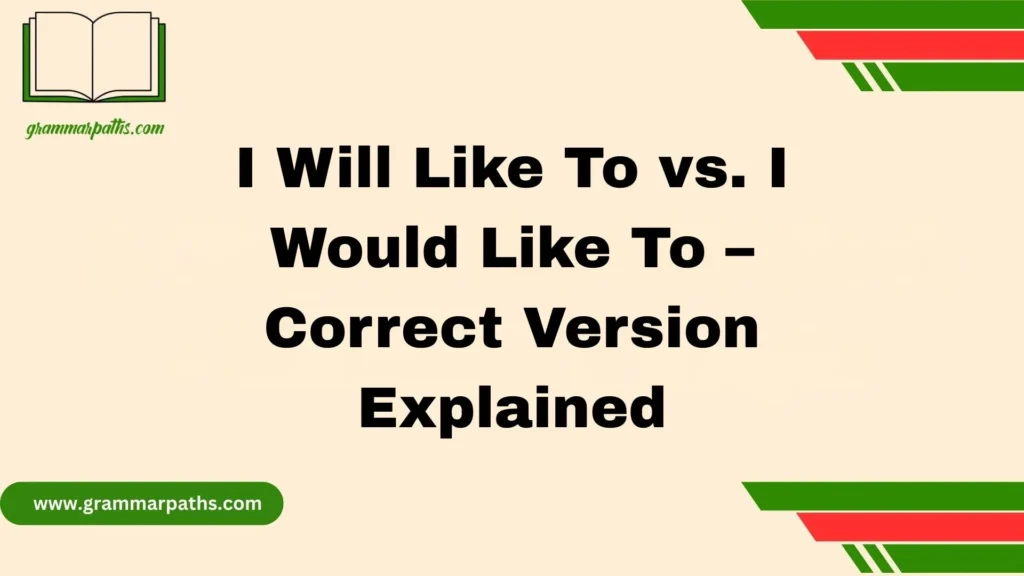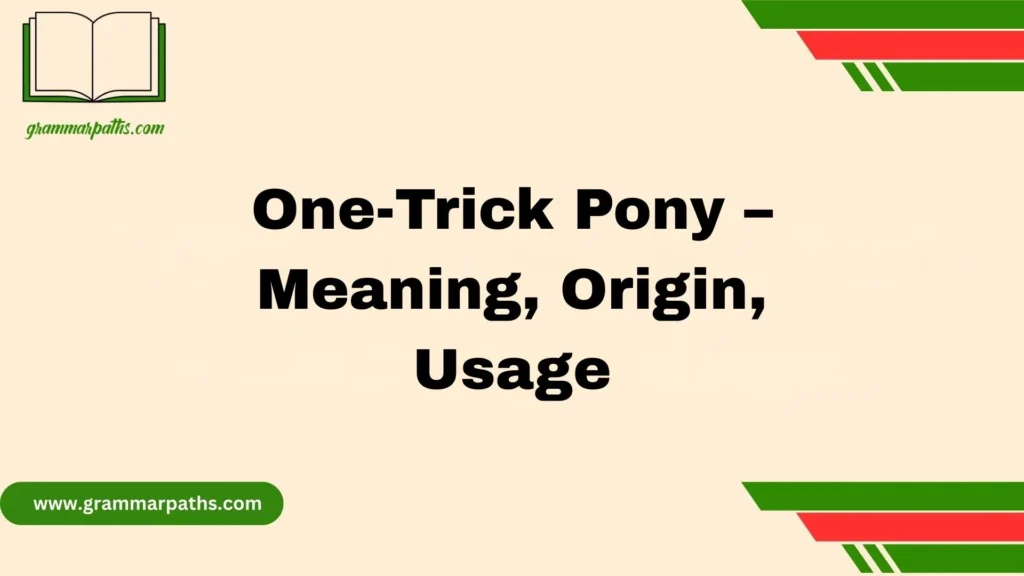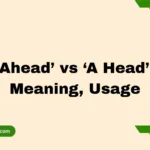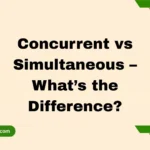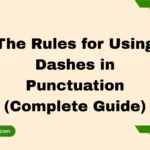When expressing gratitude, people often look for phrases that go beyond a simple “thank you.” One such phrase that many use is “thanks a ton.” But this raises an important question: is it correct to say “thanks a ton”? The phrase is common in both casual conversations and informal communication, yet some wonder if it sounds professional, polite, or even grammatically acceptable.
The expression “thanks a ton” belongs to a group of idiomatic phrases that emphasize strong appreciation. Similar to “thanks a lot” or “thanks very much,” it conveys a sense of deep thankfulness without sounding too formal. In fact, it has become a popular choice in everyday English, especially when people want to express a friendly or heartfelt level of gratitude.
However, its usage depends on context. While saying “thanks a ton” works well in casual settings, it might not always be the best option in business communication or formal writing. In those cases, alternatives like “thank you very much” or “I sincerely appreciate it” may be more appropriate.
Breaking Down the Phrase “Thanks a Ton”
The phrase combines two parts:
- Thanks – a shortened form of Thank you.
- A ton – literally means 2,000 pounds (in US measurement), but here it works as a figure of speech to show a very large amount.
When you say “Thanks a ton,” you’re exaggerating the scale of gratitude. English often uses hyperbole (exaggeration) to emphasize emotions. Just like “I’m starving” doesn’t mean you’re literally near death from hunger, “Thanks a ton” doesn’t mean you’re weighing your gratitude—it simply makes it sound bigger.
Other hyperbolic gratitude phrases include:
| Phrase | Meaning | Tone |
| Thanks a million | Extremely thankful | Informal but common |
| Thanks heaps | Very grateful | Informal, used in Australia/UK |
| Thanks a bunch | Grateful, but sometimes sarcastic | Informal |
Grammar and Correctness of the Phrase
Some worry that “Thanks a ton” might be grammatically incorrect. Let’s break it down:
- “Thanks” is a valid plural noun form of thank and is widely used in informal English.
- Adding “a ton” works as an idiomatic intensifier. It’s no different than saying “Thanks a lot” or “Thanks so much.”
So grammatically, there’s no issue. The only consideration is formality.
Compare these sentences:
- Formal: “Thank you very much for your assistance with the report.”
- Informal: “Thanks a ton for helping me with that project!”
Both are correct, but one suits professional communication, while the other is more casual.
Formal vs. Informal Gratitude in English
English thrives on context. The way you say “thank you” depends on who you’re talking to and where.
- Informal Situations – chatting with friends, texting a colleague you know well, or leaving a comment online. Example: “Thanks a ton for bringing snacks to the game!”
- Formal Situations – business emails, academic writing, or speaking to authority figures. Example: “I sincerely appreciate your guidance on this matter.”
Here’s a quick comparison:
| Context | Correct Phrase | Why |
| Emailing your boss | Thank you for your support | Professional and polished |
| Texting a friend | Thanks a ton for the ride | Casual and friendly |
| Academic paper | I extend my gratitude to… | Formal tone required |
| Social media comment | Thanks a ton, that made my day | Casual platform |
Cultural and Regional Use
While “Thanks a ton” is understood in most English-speaking countries, its popularity differs.
- United States – Very common in casual speech and texts. It’s seen as upbeat and friendly.
- United Kingdom – Understood, but Brits often prefer “Thanks a million” or “Cheers.”
- Australia/New Zealand – “Thanks heaps” is more common, though “Thanks a ton” is still recognized.
- India & South Asia – The phrase is popular in casual English, especially among younger speakers.
⚠️ Important: Some non-native speakers may find it unusual if translated literally. In other languages, using ton as a measure of gratitude doesn’t always make sense. That’s why it’s considered an idiom—its meaning goes beyond the literal words.
Alternatives to “Thanks a Ton”
Casual Alternatives
If you want to keep it light but avoid repeating the same phrase, here are some options:
- Thanks a bunch
- Thanks heaps
- Thanks a million
- Much obliged (old-fashioned but still used in parts of the US South)
- Thanks loads (common in the UK)
Formal Alternatives
For emails, reports, or professional interactions, try these instead:
- Thank you very much
- I sincerely appreciate your help
- I’m grateful for your support
- Many thanks (formal, common in British English)
- With gratitude (often used in letters or acknowledgments)
| Casual | Formal |
| Thanks a ton | Thank you very much |
| Thanks heaps | I sincerely appreciate it |
| Thanks a million | Many thanks |
| Thanks a bunch | I’m grateful for your support |
Politeness and Etiquette in Gratitude Expressions
Politeness isn’t just about the words—it’s about matching tone and context.
- With colleagues – You can use casual phrases if you’re close, but in official emails, stick to professional wording.
- With friends – “Thanks a ton” works perfectly, especially in casual texts or conversations.
- With authority figures – Choose more formal expressions like “I truly appreciate your guidance.”
Tips for using gratitude expressions well:
- Match formality to the setting.
- Avoid sarcasm in professional contexts (“Thanks a lot” can sound negative depending on tone).
- Always prioritize sincerity over creativity. People value heartfelt thanks more than clever wording.
Case Studies & Real-Life Examples
Let’s look at a few short examples where tone makes all the difference:
Case Study 1: Workplace Email
- Wrong: “Thanks a ton for approving my leave, boss!” (too casual, unprofessional).
- Right: “Thank you very much for approving my leave request. I truly appreciate it.”
Case Study 2: Texting a Friend
- Wrong: “Thank you very much for lending me your notes.” (too stiff, sounds distant).
- Right: “Thanks a ton for the notes—you saved me!”
Case Study 3: Social Media Post
- Wrong: “I extend my gratitude to everyone who wished me a happy birthday.” (overly formal for Instagram).
- Right: “Thanks a ton for all the birthday wishes—you guys made my day!”
These examples show how the same phrase can feel right in one setting and awkward in another.
Conclusion
The phrase “thus far” has stood the test of centuries, proving itself correct, valuable, and adaptable in both formal writing and everyday speech. Whether in conversations, emails, books, or meetings, it naturally blends into communication with a refined tone. While “so far” works just as fine, “thus far” offers a more precise and sometimes strong alternative, giving your audience clarity about how, when, and why you use it.
FAQs
Q1: Is it correct to say “thus far”?
Yes, it’s absolutely correct and has appeared in language for centuries across different settings.
Q2: What is the main difference between “thus far” and “so far”?
“Thus far” sounds more refined and formal, while “so far” is simple, everyday, and more casual.
Q3: Can I use “thus far” in professional contexts like boardrooms or emails?
Yes, it fits well in formal communication as long as the tone and audience match the situation.
Q4: How can I avoid misuse of the phrase?
Follow a clear guide, look at examples, and use alternatives when the phrase doesn’t fit.
Q5: Why is “thus far” still relevant today?
Because it covers subtle meaning, explores nuanced usage, and offers practical value as a linguistic instrument that becomes timeless.

Mia Rose is the passionate writer and founder of GrammarPaths.com, a resource dedicated to helping learners master English grammar, idioms, and writing skills with ease. With a deep love for language and years of experience in teaching and content creation, Mia simplifies complex grammar rules into clear, practical guides that readers can instantly apply.
